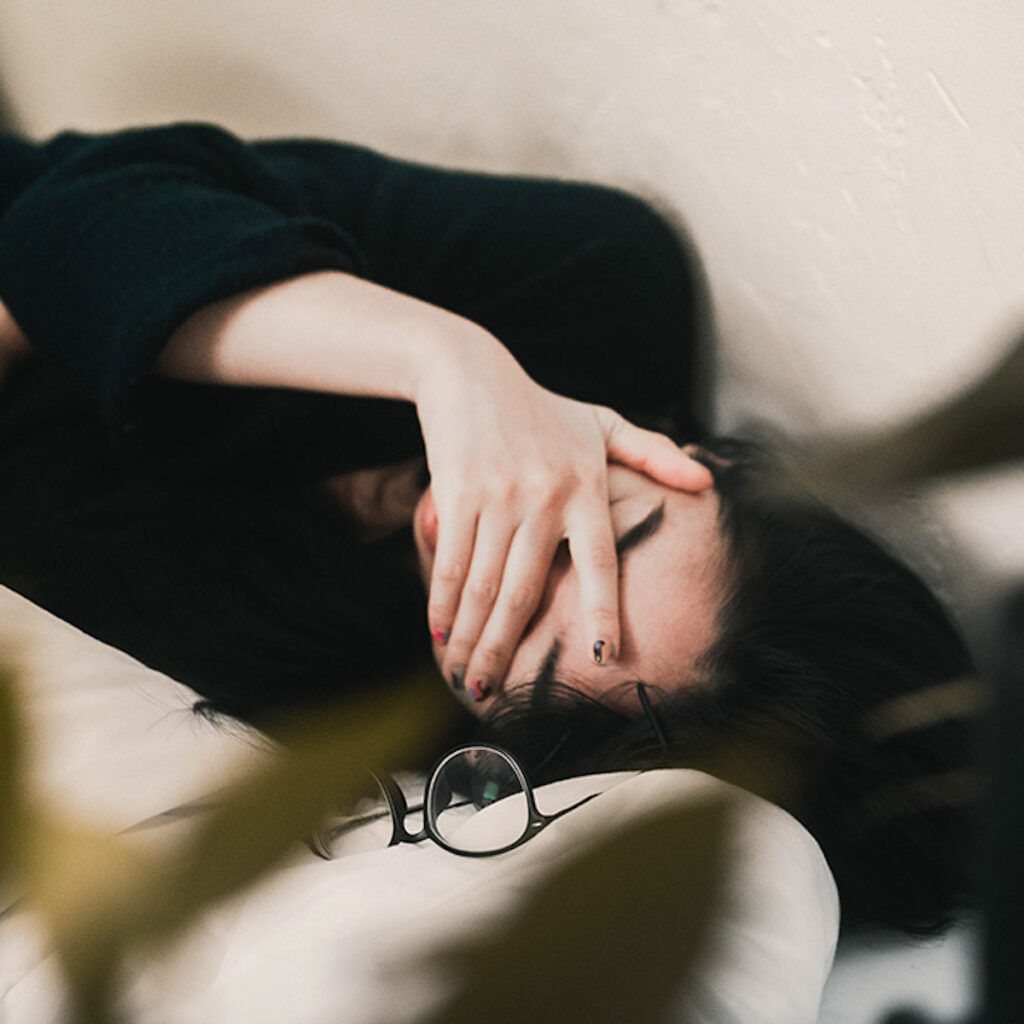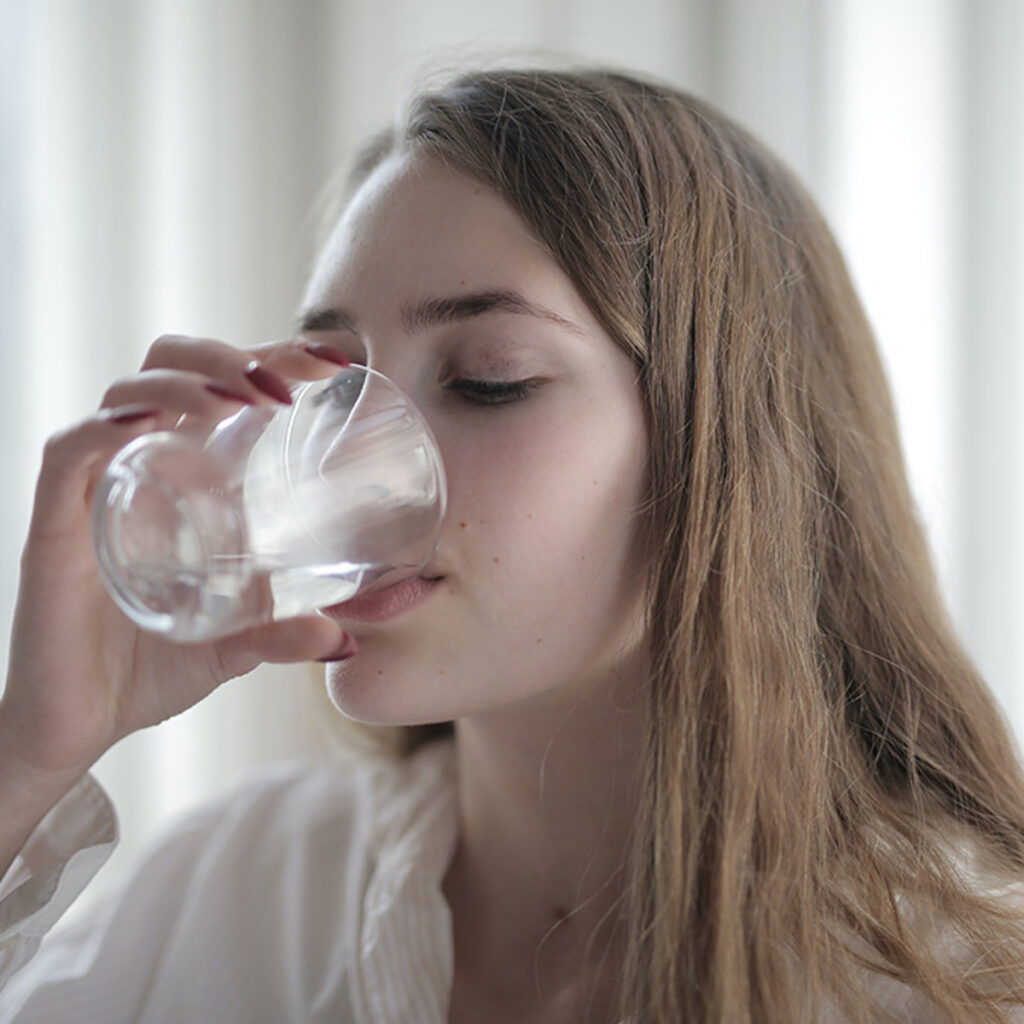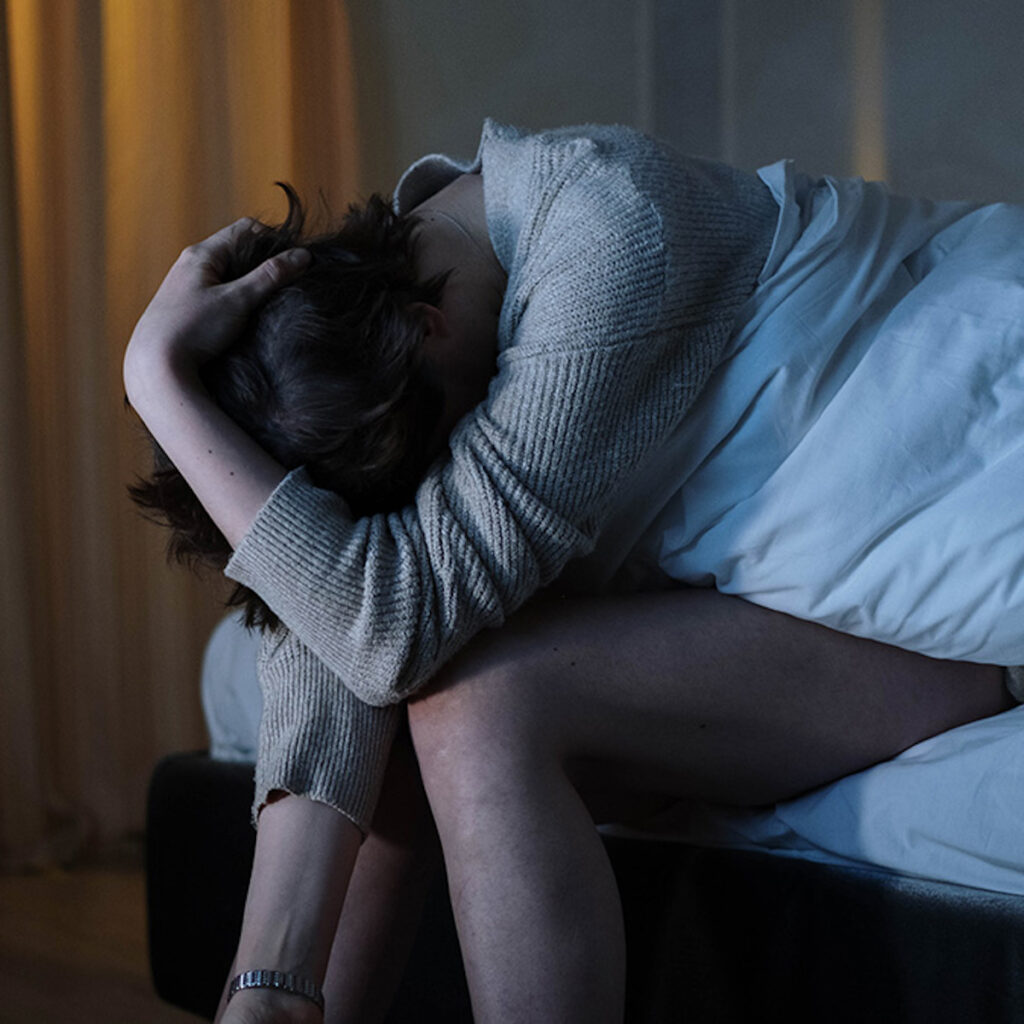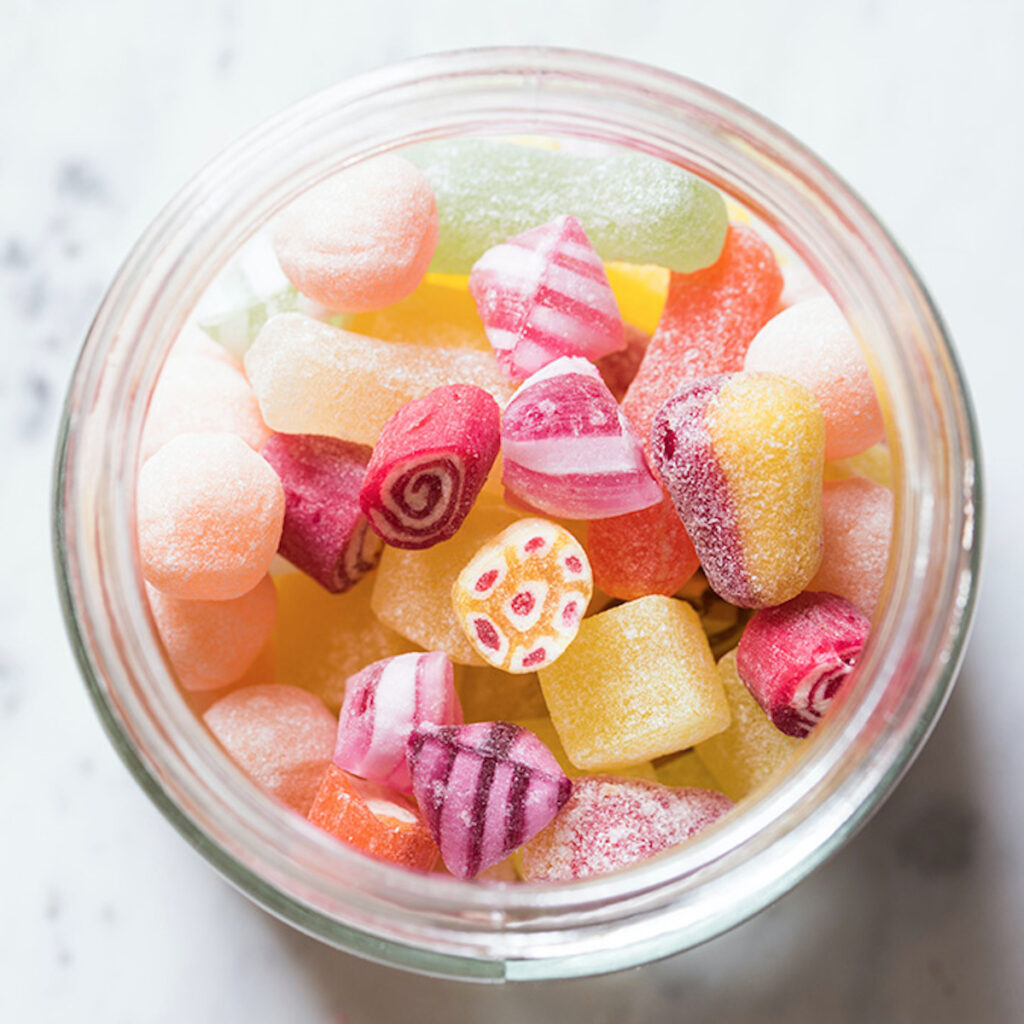Many coffee drinkers enjoy a boost of energy with their morning coffee, but some people do feel that drinking coffee has the opposite effect and makes them tired instead.
DISCLAIMER: THIS WEBSITE DOES NOT PROVIDE MEDICAL ADVICE
The information, including but not limited to, text, graphics, images and other material contained on this website are for informational purposes only. No material on this site is intended to be a substitute for professional medical advice, diagnosis, or treatment. Always seek the advice of your physician or other qualified health care provider with any questions you may have regarding a medical condition or treatment and before undertaking a new health care regimen, and never disregard professional medical advice or delay in seeking it because of something you have read on this website.

It can happen, but if you’re reluctant to remove coffee from your daily routine it’s a good idea to eliminate other common reasons for fatigue. More often than not, there’s a different reason coffee makes you tired, as caffeine is expected to do the opposite. For example, adding sugar and milk to your coffee might affect your tiredness. But of course, figuring out where your fatigue comes from is more complicated than sugar and milk in your coffee.
Keep reading, because in this article we will help you figure out why coffee makes you tired or sleepy, and of course, things you can do to minimize these effects. Happy reading!
Dehydration
One of the first signs you should check if you are feeling tired after drinking a cup of coffee is dehydration. Signs of dehydration can begin sooner than you might think.

Slower reaction time begins to occur when you are as little as 1% dehydrated. Since the brain is closer to 80% water compared to the rest of the body at around 60%, it makes sense that the brain will be most affected by hydration status.
According to the Mayo Clinic, common symptoms of more significant dehydration in the adult include:
- Extreme thirst
- Less frequent urination
- Dark-colored urine
- Fatigue
- Dizziness
- Confusion
Although coffee is a diuretic, most people drink more water in the cup of coffee than they lose from this mild effect. Drinking water is still the most effective way to stay hydrated.
Drinking plenty of water throughout the day is better than larger amounts less often.
How do you know if you’re getting enough? The best way is to monitor your urine.
If it’s an almost clear light yellow, you’re well hydrated. It gets darker (and smelly) when your kidneys start concentrating it in order to slow water loss from your body.
Sleep-wake cycle disruptions
Waking up during your sleep cycle or waking up too early and being unable to get your regular sleeping hours may affect your energy levels throughout the day.

During a regular sleep-wake cycle, your brain goes through a sleep cycle which includes non-REM sleep and then REM sleep (rapid eye movement stage). Getting a good night’s sleep is not just about how many hours of sleep you’re getting, but it’s also about getting enough REM cycles. On average, a person goes through 3-5 REM cycles per night, which means that if you get 7-8 hours of sleep, 90 minutes of those should be REM.
To improve your quality of sleep, you should consider:
- developing a good sleep routine
- avoiding caffeine, nicotine, and alcohol a couple of hours before sleeping
- sleeping in a dark and quiet room
- avoiding screens in your bedroom
Sugar crash
Sugar crash is the sudden drop in energy levels after consuming a large amount of carbohydrates, such as desserts that have much sugar, but also other foods like pastas and pizza, and even drinks like specialty coffee drinks.

When the body has more sugar than it needs, or than it’s used to, it rapidly produces insulin in an attempt to keep the levels consistent. Because of this, the blood glucose decreases, which results in a drop in energy levels, in other words, a sugar crash.
A sugar crash usually brings symptoms like:
- hunger
- irritability
- fatigue
- discomfort
- anxiety
- headaches
- shakiness
- dizziness
- other undesired symptoms
Before cutting off coffee from your diet, you should first take a look at your diet to figure out if maybe you’re suffering sugar crashes more often than desired.
Sugar adds calories to your coffee too
Added sugar can increase the amount of energy you feel from drinking a cup of black coffee, but this boost comes with added calories too.
Artificial sweeteners can make a big difference if you’re watching your calories. Some artificial sweeteners and sugar alcohols add zero calories.
Refined sugar alternatives for adding a sweet taste to your coffee
- honey – also has natural anti-inflammatory properties
- maple syrup – naturally sweet and the maple flavor pairs really well with coffee
- coconut sugar
- stevia
- sugar alcohols like xylitol, erythritol and maltitol
- fresh fruit juices and derivatives
- dates
- apple sauce
- molasses
If you are concerned about calories and chemicals, your best option is to take your coffee black.
You can learn more here about the nutrition facts of coffee.
Adverse effects of caffeine
Any avid coffee drinker knows that coffee gives you a caffeine boost when you need it most. But, like many good things in life, it also comes with adverse side effects, especially in large amounts. The amounts of caffeine in your coffee can vary a lot depending on the brewing method, type of coffee beans, and level of roast. However, typically, an 8-ounce cup of coffee has between 95 to 200 mg of caffeine.
Drinking more coffee than desired will come with negative effects, such as:
- restlessness
- insomnia
- headaches
- rapid heart rate
- dizziness
- dehydration
- anxiety
It’s important to mention some people are more sensitive to the effects of caffeine than others, so your experience may be different.
Caffeine tolerance & caffeine withdrawal
People who consume caffeine regularly and decide to stop, often experience caffeine withdrawal symptoms. Even by skipping your morning coffee, it’s possible you’ll start feeling some of these effects a couple of hours later. The most common sign of caffeine withdrawal is headaches, followed by irritability and fatigue. Other less common side effects are nausea and vomiting, negative mood, mental fogginess, and light-headedness.
Over time, some people may notice coffee doesn’t affect them as it used to. This is called caffeine tolerance, and it occurs when the effects of caffeine decrease over time due to regular consumption. If this is the case with you, you can try resetting your caffeine tolerance by slowly reducing your caffeine levels each day, until your body “stops asking you” for coffee. After a couple of weeks without caffeine, and once you have a cup of coffee again, you’ll be able to fully experience the positive side effects in coffee.
Other common caffeinated drinks

Here’s a list of the most popular categories of caffeinated beverages:
- tea – though there is such a thing as decaf tea, and many herbal ‘teas’ that don’t use caffeine-containing green tea leaves.
- caffeinated energy drinks – are often regarded as synonymous with caffeine intake but not all of them actually contain caffeine
- sports and energy drinks – not all of them, but read the label to know for sure what you’re drinking.
- soft drinks – particularly colas, but check the nutrition facts section to see if it list caffeine.
- hot chocolate – not much, around 5 mg per serving, but it’s there.
- caffeinated water – yes, it’s a thing!
There are a number of natural sources of caffeine:
- coffee beans – seeds from the fruit of the coffea arabica plant that are dried and roasted before brewing.
- tea leaves – dried, ground leaves from the camellia sinensis plant.
- kola nuts – original source of the ‘cola’ flavor (and caffeine) in cola drinks.
- yerba mate – an herb often brewed like tea.
- cacao beans – the source of chocolate!
- guarana beans – seeds from a plant found in the Amazon that contain four times the amount of caffeine as coffee beans.
Always read the label to see how much caffeine you’re getting on a daily basis.
Natural sources of caffeine
There are a number of natural sources of caffeine:
- coffee beans – seeds from the fruit of the coffea arabica plant that are dried and roasted before brewing.
- tea leaves – dried, ground leaves from the camellia sinensis plant.
- kola nuts – original source of the ‘cola’ flavor (and caffeine) in cola drinks.
- yerba mate – an herb often brewed like tea.
- cacao beans – the source of chocolate!
- guarana beans – seeds from a plant found in the Amazon that contain four times the amount of caffeine as coffee beans.
Chronic fatigue
Although not as common, other health problems like anemia, hypothyroidism and chronic fatigue syndrome can contribute to feeling tired all the time. If you feel like you just don’t have the energy you feel you should, it never hurts to go get checked out by your doctor to make sure there isn’t some underlying medical condition causing your fatigue.
This is all for today! Now you know why coffee makes you tired or what are the other possible explanations for your fatigue. The good news is that you don’t really have to cut off coffee from your life! You can experiment with different amounts until you figure out what works best for you, which is the most important thing. If you liked this article, we invite you to share it with your friends and family!
